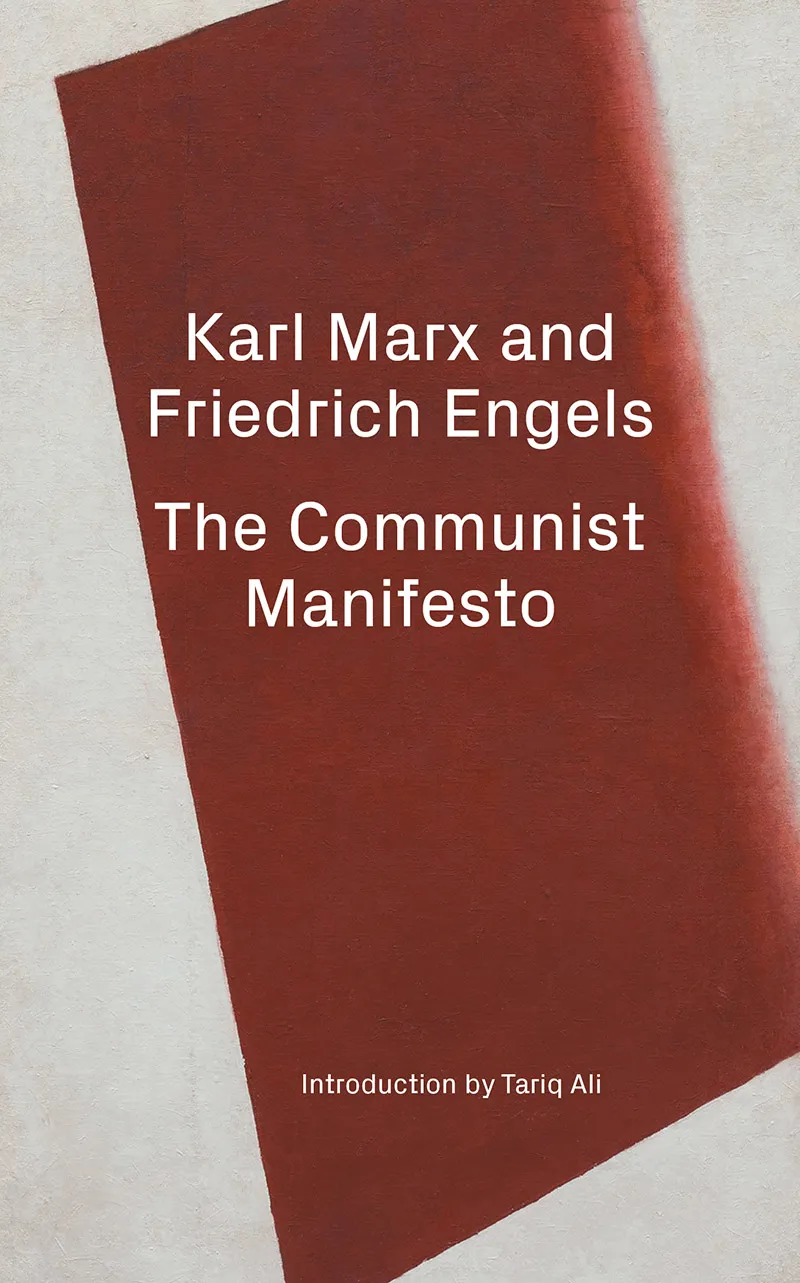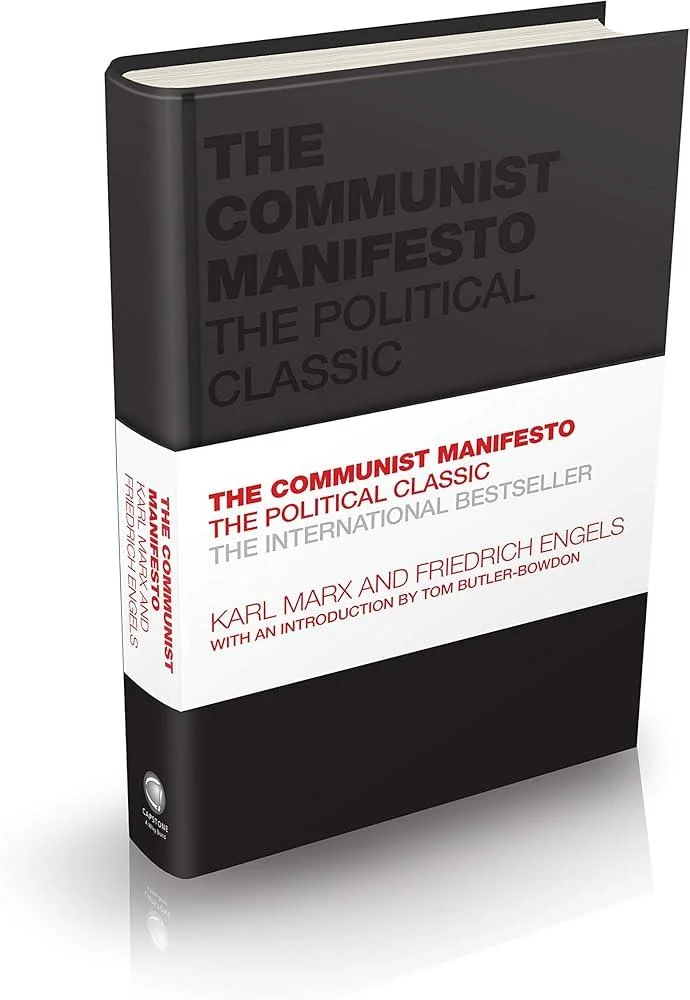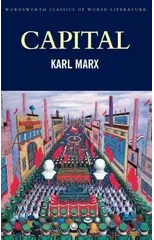Wage-Labor and Capital
(Author) Karl MarxThis historic book may have numerous typos and missing text. Purchasers can usually download a free scanned copy of the original book (without typos) from the publisher. Not indexed. Not illustrated. 1902 edition. Excerpt: ...minimum wages have sufficed for the preservation and propagation of the race? What, then, do these beloved bourgeois phrases prove? Nothing more than that now four times as many workers' lives are used up as there were previously, in order to obtain the livelihood of one working family. To sum up: the more productive capital grows, the more it extends the division of labor and the application of machinery; the more the division of labor and the application of machinery extend, the more does competition extend among the workers, the more do their wages shrink together. In addition, the working class is also recruited from the higher strata of society; a mass of small business men and of people living upon the interest of their capitals is precipitated into the ranks of the working class, and they will have nothing else to do than to stretch out their arms alongside of the arms of the workers. Thus the forest of outstretched arms, begging for work, grows ever thicker, while the arms themselves grow ever leaner. It is evident that the small manufacturer cannot survive in a struggle in which the first condition of success is production upon an ever greater scale. It is evident that the small manufacturer cannot at the same time be a big manufacturer. That the interest on capital decreases in the same ratio in which the mass and number of capitals increase, that it diminishes with the growth of capital, that therefore the small capitalist can no longer live on his interest, but must consequently throw himself upon industry by joining the ranks of the small manufacturers and thereby increasing the number of candidates for the proletariat--all this requires no further elucidation. Finally, in the same measure in which the capitalists are...
Karl Marx
Karl Marx was a German philosopher and economist known for his seminal work "The Communist Manifesto." His writing style was clear and persuasive, advocating for the overthrow of capitalism and the establishment of a classless society. Marx's key contribution to literature was his critique of the capitalist system and its impact on society.






